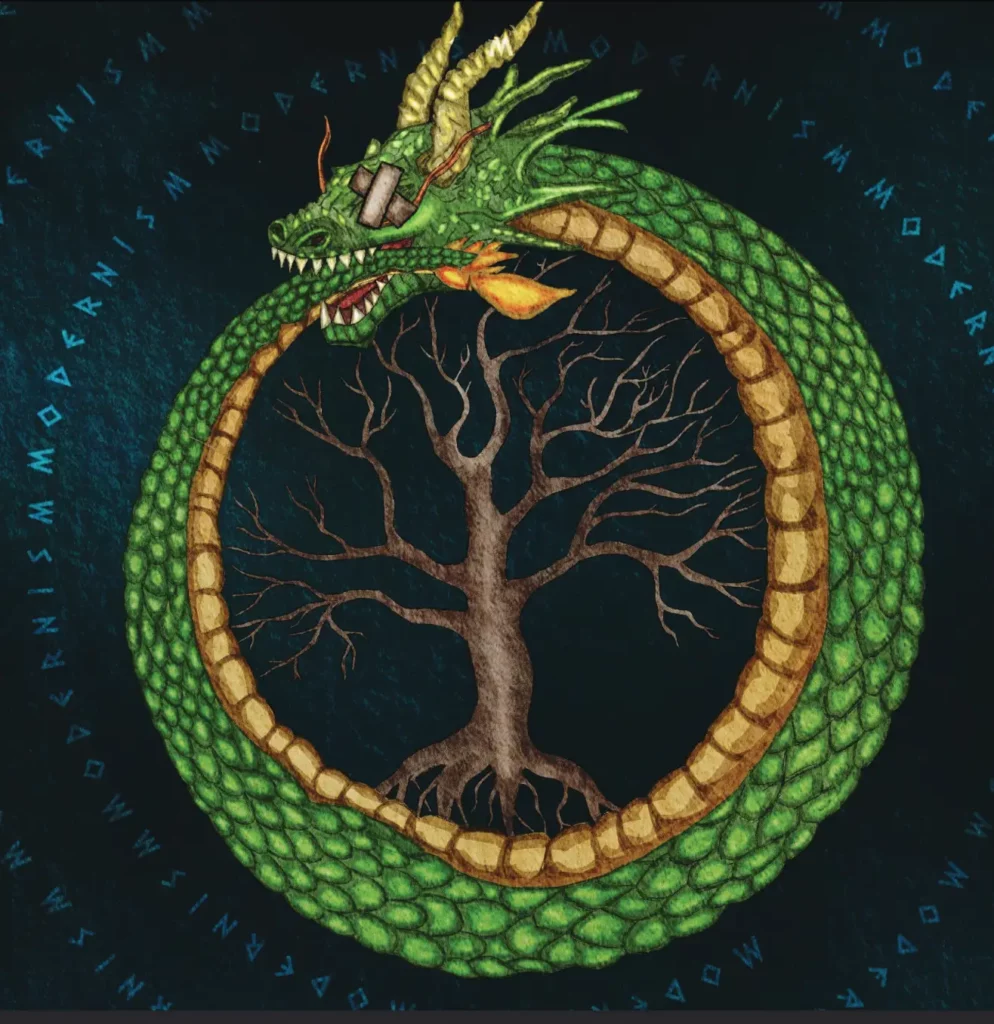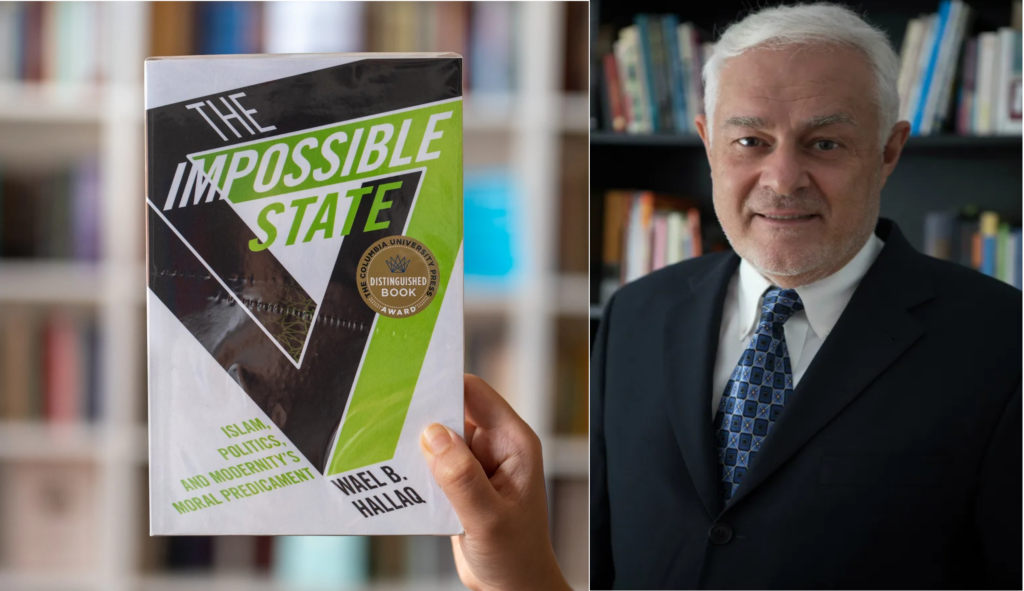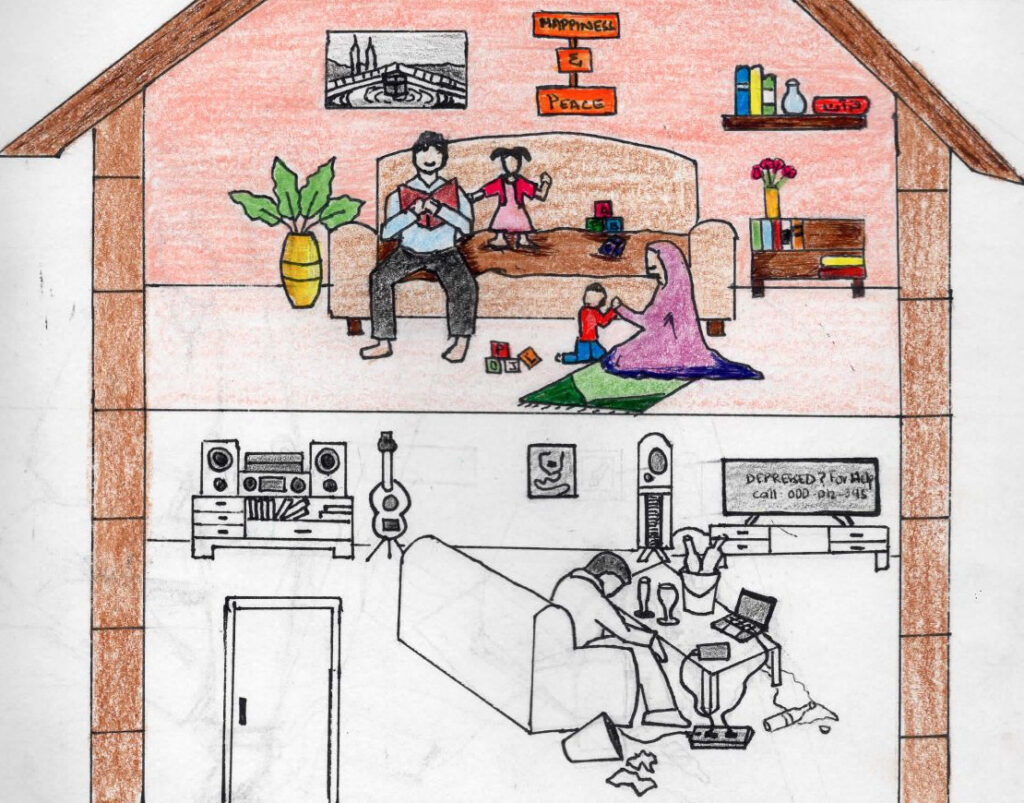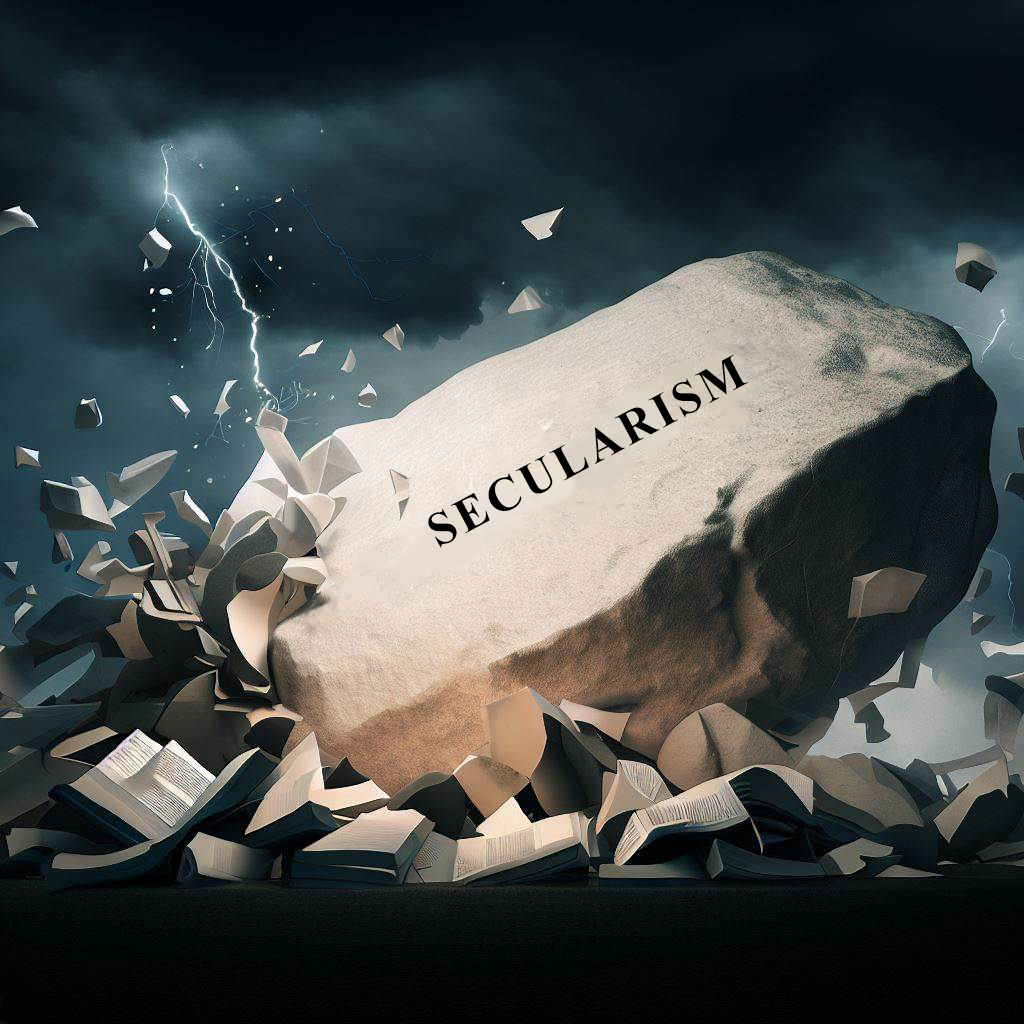For long, Religion has been associated with a supernatural entity and a divine code of conduct. Break it down, religion is simply a social-culture system of designated behaviors and practices. One that gives birth to any organized society. One that distinguishes between the nomads and the civilized. One that makes way for progress.
If Christianity, Judaism and Islam can be rendered religions guided by divine ordinance, so should liberalism, scientism and more popularly modernism be declared institutions of faith. Drawing their strengths from human being’s observation and intellect at any point in time.
Take Modernism as an example. Modernism, to state broadly, insists upon the re-examination of every aspect of existence, from commerce to philosophy, with the goal of finding that which was “holding back” progress and replacing it with a new way of reaching the same end.
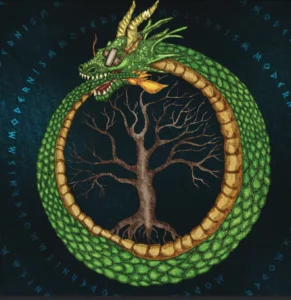
In this sense, the religion of Modernism perpetuates free thought on the one hand, and restricts its usage to the promotion of progress in accordance with its own intellect on the other. Which begs the question, what defines progress? Is it mutually inclusive of all stakeholders of society, human and nature alike? Rich and poor together? Much like scientism, is it a prisoner of its own observations? Its own perception of reality? Observation of whom? Perception of whom? Does it tear down its own walls of the past to build new ones in the future?
And if it does, then how are we to become followers of a religion that may view its own past with great skepticism. Conveniently replacing it with a “progressive” decorum to the intellectual benefit of those who bear its torch in that moment of time?
It is no wonder then, if the followers of Modernism, seeing the success of another religion, and influenced by its standards, insist that the Modernism of their predecessors is old-fashioned and unequal to the burden of these days. As you can see, such a religion will sooner or later annihilate itself, much like Ouroborus the serpent, subjecting its followers to much confusion and regression towards Nomadic ways.
Being religious is to identify with a code of conduct by which nature regulates itself. It is to stand for something, so that one may not fall for everything. As Dr. Gordon A. Eadie opined about the mental state of World War II veterans in 1945:
We are trying to show him not only what we are fighting against, but what we are fighting for. So many of these boys have only a very hazy idea of the real issues of the war. About all they see is “going back to the good old days.” This is a dangerous state. If they don’t stand for something, they will fall for anything. They need to realize that we are fighting two wars—the war of arms and the war of ideas—that other war of which the war of arms is one phase.
By virtue of Modernism, human beings shall prescribe the code of conduct for fellow beings with a complete reliance on their necessarily limited intellect and fluid perception of progress. This will lead to nothing but tribalism and exploitation of the many at the hands of a few.
It has always been a necessity of time, since Adam (A.S.), that a higher order dictates to us the all-encompassing decorum. One that allows humanity and nature to flourish and evolve progressively, without one definition of progress being prevalent over another. A higher order prescribed by none other than the One who educates His creation about that which they knew not:
And the sun runs [on course] toward its stopping point. That is the determination of the Exalted in Might, the Knowing. And the moon – We have determined for it phases, until it returns [appearing] like the old date stalk. It is not allowable for the sun to reach the moon, nor does the night overtake the day, but each, in an orbit, is swimming. {Surah Yasin, 37-40}
Knowledge that is all-encompassing and the Might that enforces a decorum based upon it, is quintessential to the tenets of a truly progressive religion. And therefore, any organized society. A society that does not root itself in the subjugation of the higher constant, rather than the constantly changing intellect of a few and human, risks being exposed to only half the truth. It may have gotten hold of the wrong half.
